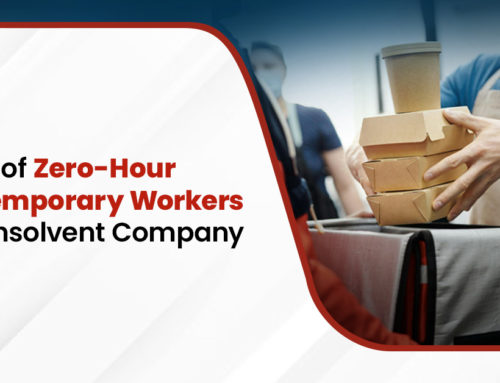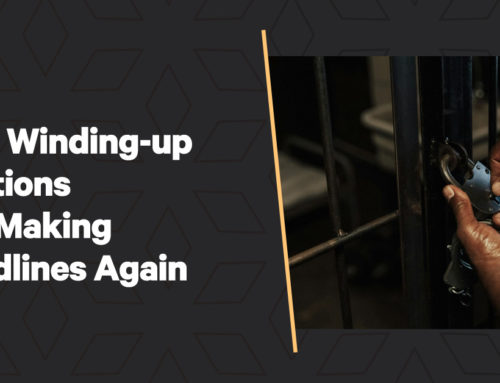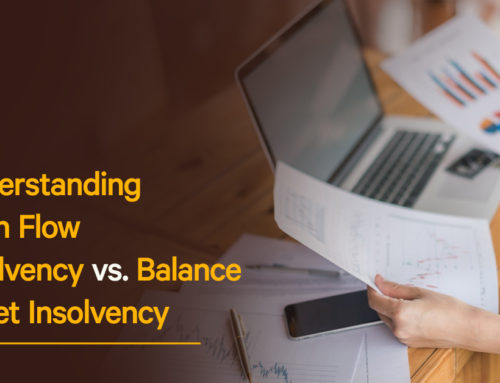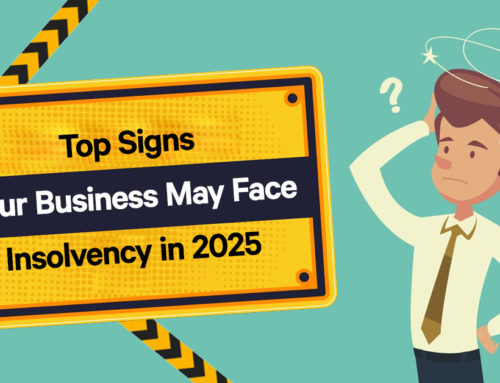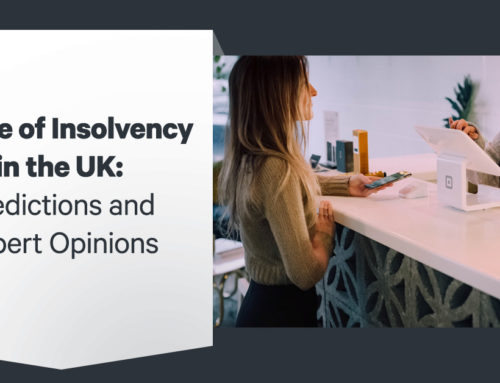Insolvency practitioners (IP) are in demand, particularly over the past few years. An IP is a professional authorised to act on behalf of an individual of a company – partnership, private or public limited – in insolvency and bankruptcy procedures as laid out in the UK’s Insolvency Act 1986.
In most cases, an IP’s background is in accountancy or law, and their role is governed by a clear code of ethics that requires them to act with integrity, professional competence, due care, objectivity, confidentiality and professionalism in their behaviour at all times.
Is it a career for you? So, if you want to know how to become an insolvency practitioner, we’ve put together our ‘crib sheet’ to guide you.
What does an insolvency practitioner do?
A licensed insolvency practitioner takes on a number of different roles, depending on the formal procedure, which includes:
- Individual bankruptcies.
- Company administrations.
- Winding up petitions.
- Individual and company voluntary arrangements.
- Creditors’ Voluntary Liquidations.
- Members’ Voluntary Liquidations.
Part of their role means they are also involved in a number of related tasks, such as liaising with creditors, investigating the activities of company directors to ensure no fraudulent or wrongful activity, providing advice in business rescue situations and helping employees of insolvent companies with redundancy, advice and submitting the correct paperwork.
How to become a licensed insolvency practitioner?
Only individual people are able to be licensed insolvency practitioners, not a company or partnership. However, the majority work within a firm of accountants, lawyers or insolvency specialists.
To become a licensed insolvency practitioner, you have to pass the JEIB (Joint Insolvency Examination Board) exams which are held just once a year. The exam consists of two papers; one is based on corporate insolvency and the other on personal insolvency. Whilst you don’t have to sit the papers at the same time, you do need to pass both of them in order to qualify as an IP.
As well as passing the exams, you must be registered with one of the UK’s insolvency registration boards to receive an insolvency licence. This gives you the authorisation to practice as an IP. If you register for the exams via one of the registration boards, they often include your first year’s IP registration. For example, if you register via the ICAEW, which is the largest Recognised Professional Body (RPB), not only will you receive ongoing support, but you will also become a member of the board.
The very specific criterion that must be adhered to in order to be accepted by an RPB and receive a licence includes:
- The applicant must be ‘fit and proper; to act as an insolvency practitioner.
- The applicant must meet the RPB’s acceptable requirements in terms of qualifications, experience and ongoing practical training.
- The applicant must have in place sufficient security or caution covering the performance of their role.
- The applicant must continue to undertake relevant professional education and keep relevant records.
How long does it take to qualify as an IP?
To become an insolvency practitioner is a long process and can take as many as ten years to achieve. Most people that register for the JEIB exams are already working with a firm of accountants or lawyers and are gaining experience in insolvency practices.
The JEIB exams are known to be hard and therefore, the amount of experience you have has a strong bearing on your success in passing them. Once you have passed the exams, you must register with one of the five recognised RPBs to receive a licence. There are three types of licence:
- A full licence.
- A partial licence in respect of companies.
- A partial licence in respect of individuals.
There is also a non-appointment taking licence available which allows you to work as an insolvency practitioner but you will not be able to take on an insolvency appointment, such as working as an administrator in an insolvency procedure. The RPBs in the UK are:
- Association of Chartered Certified Accountants (ACCA).
- Chartered Accountants Ireland (CAI).
- Institute of Chartered Accountants in England and Wales (ICAEW).
- Institute of Chartered Accountants in Scotland (ICAS).
- Insolvency Practitioners Association (IPA).
To apply for a licence to practice, most RPBs will expect applicants to:
- Have a minimum number of hours in insolvency experience (each RPB has their own specific number).
- Demonstrate they are a fit and proper person.
- Comply with the RPB’s regulations as well as with the law, the insolvency Code of Ethics and the SIPs.
- Agree to be monitored by their RPB.
- Pay an annual fee to the RPB including levies due to the Insolvency Service, the Complaints Gateway and the Department of the Economy.
You will also need to have professional indemnity insurance as well as a bond. In addition, if you are a member of an accountancy RPB, you may need a practising certificate as well.
What are the traits of a good insolvency practitioner?
Any company or individual that is experiencing debt problems and is facing an insolvency procedure, such as company administration, a voluntary arrangement or bankruptcy. They will be looking for a variety of traits in their insolvency practitioner, including:
- Understanding – any IP must be able to understand the company’s or individual’s situation, such as their cash flow, HMRC payment difficulties, or not being able to raise finance. They should take time to understand their client and have the patience to find out the cause as well as any underlying issues.
- Communication – not only should they be good listeners, an IP must be able to communicate clearly with directors and individuals when explaining the insolvency process and what will happen at each stage.
- Trustworthy – a company or individual facing insolvency will be worried and anxious, so the more they can trust their IP, the more fluent the process will be for all parties. It’s important that any IP is able to gain the trust not only of the debtors but also creditors.
- Experience – every individual or company is different. An IP’s experience backs up their understanding of various insolvency situations, ensuring they are better able to help throughout the insolvency process and put the right solution in place.
- Approachable – a good IP will understand the ramifications an insolvency procedure will have on the company, its directors and employees, and an individual. For that reason, they need to be open to any questions and happy to take the time to explain any stage of the process.
If you are struggling with corporate or personal debt and unsure what the correct route is to deal with your creditors, the first step is to seek professional advice. Our highly experienced professionals at Leading are on hand to help with advice on managing personal and professional insolvency matters. Contact us today and discover how we can help you.


